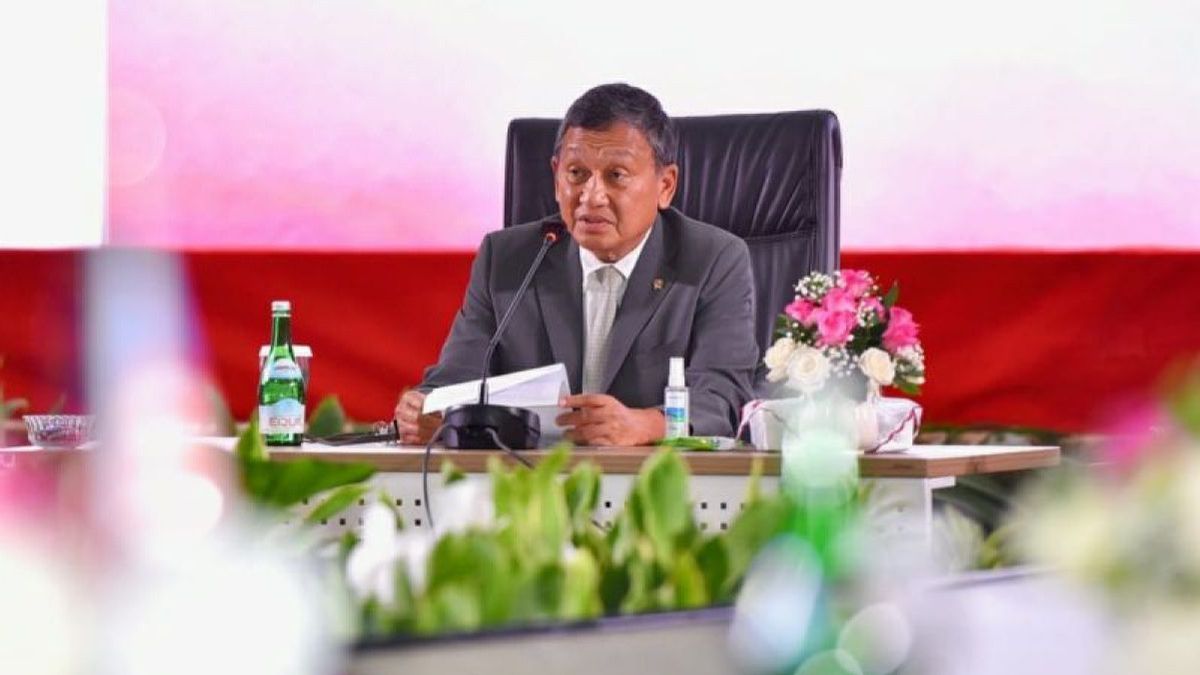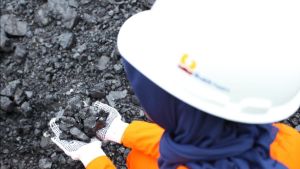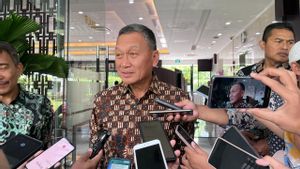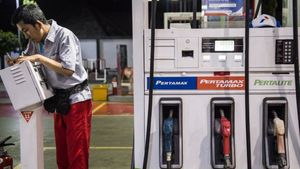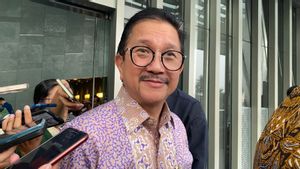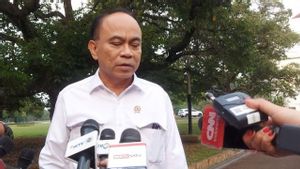JAKARTA - Minister of Energy and Mineral Resources (ESDM) Arifin Tasrif attended the Ministrial Roundtable Meeting World Energy Congress (WEC) in Rotterdam, Netherlands.
In the forum, Arifin emphasized that Indonesia has a strong commitment to supporting global efforts to accelerate the energy transition. This is evidenced by the Enhanced Nationally Determined Contribution (e-NDC) target that Indonesia has submitted to the international community in 2022.
"In the document, Indonesia increased the target of reducing greenhouse gas emissions to 32 percent, from previously 29 percent with its own efforts, and 43 percent through international assistance, from the previous 41 percent," Arifin said in a written statement to the media, Thursday, April 25.
The Indonesian government, explained Arifin, is currently preparing a more ambitious target to reduce GRK emissions, which will later be submitted to the international community by being included in the second NDC document. This is part of Indonesia's efforts to continue to increase its commitment to overcoming the impact of global climate change.
To achieve this target, Arifin emphasized that readiness and availability of critical mineral resources are needed. He said that critical minerals are indispensable because they are the basic ingredients for elements in clean technology, such as for solar panels and others.
"This is in line with the efforts of the Indonesian government to reduce the use of fossil fuel sources and increase the use of energy sources originating from new and renewable energy (EBT)," he added.
Another effort made by Indonesia to achieve the target of reducing emissions, added Arifin, was to encourage shifts in the use of electric cars to replace fossil energy-based cars, by offering easy ownership with attractive incentives.
SEE ALSO:
"In the industrial sector, innovations to replace conventional buoyers with electric capillaries and heat pump technology can increase energy efficiency by 75 to 95 percent and reduce emissions by 20 to 60 percent. Also intensify CO2 capture and storage technology in hydrogen production for the steel and petrochemical industries," he explained.
However, Arifin said that all of these things must require a very wide collaboration, not only with all stakeholders in the country, but also requiring collaboration between countries to accelerate the transition to clean energy.
"Collaboration is not only based on trade and investment principles, but also considers inter-party gains, with improvements in local industries, local content, job creation, and regional interconnectivity as well as funding," Arifin concluded.
The English, Chinese, Japanese, Arabic, and French versions are automatically generated by the AI. So there may still be inaccuracies in translating, please always see Indonesian as our main language. (system supported by DigitalSiber.id)
